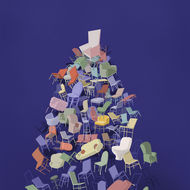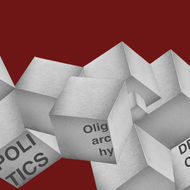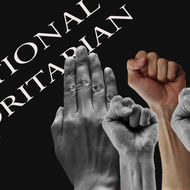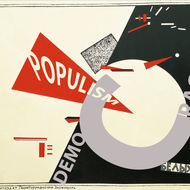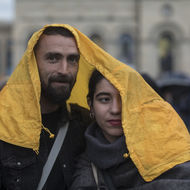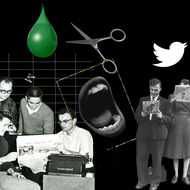Search articles
Search results for
Political Culture
EVN Report’s May issue, entitled “Political Culture,” looks back on the evolution of democratic expression in Armenia, from the first parliamentary election in 1919 to political cartoons to the modern day.
Political Economy and Discontents
By Donald Fuller
Dr. Donald Fuller writes that there is an observable pattern that small state characteristics differ from larger states, particularly those that are not afflicted by the ‘resource curse.’ Institutions appear to be critical, trade can burnish the lack of natural resources and human capital offers a level of comparative advantage if carefully nurtured.
Political Gridlock in Georgia
By Norik Gasparyan
Protests have gripped Georgia for the last week following a vote against promised constitutional amendments that would have changed the country’s electoral system.
Political Suicide: An Autopsy of the Sargsyan Administration and the Endurance of Armenia’s Institutions
By Nerses Kopalyan
Dr. Nerses Kopalyan applies two conceptual frameworks from political science - prospect theory and historical institutionalism - to understand how Serzh Sargsyan’s Administration collapsed in the face of an unprecedented popular uprising in Armenia.
Politics of Exclusion
By Loosineh Markarian
How the Trump administration's travel ban left Iranian-Armenian scholar Loosineh Markarian feeling as though she had to apologize for her existence and her right to occupy public space.
Populism, People, and the Government in Armenia
By Alen Shadunts
Alen Shadunts writes that being democratic should not be a party ideology; democracy is a pre-existing bedrock condition, not an agenda for a particular government.
Portraits From Republic Square
By Eric Grigorian
Photojournalist Eric Grigorian's series of portraits from Republic Square where thousands gathered in protest as Yerevan enters the seventh day of mass rallies, protests and innumerable acts of civil disobedience.
Possessions That Remain in Documents and Photographs
By Astghik Karapetyan
Along with a number of local fact-finding initiatives to collect evidence in relation to the loss of property following the 2020 Artsakh War, Armenia’s government has also filed an inter-state complaint with the ECHR, which includes issues related to property rights.
Post-Election Armenia
By Maria Titizian
Political pundits will analyze the April 2 Parliamentary Elections for weeks and months to come. The results, however, were not surprising. What are the programs and policies that need to be implemented to prepare the country for the next election cycle?
Post-Truth Armenia and the Media
By Maria Titizian
The fake news phenomenon is not uniquely Armenian. It’s a global challenge, but when the stakes are so high following the Velvet Revolution, journalists need to rediscover their mission and have an honest discourse about their role in the state of the media landscape.


